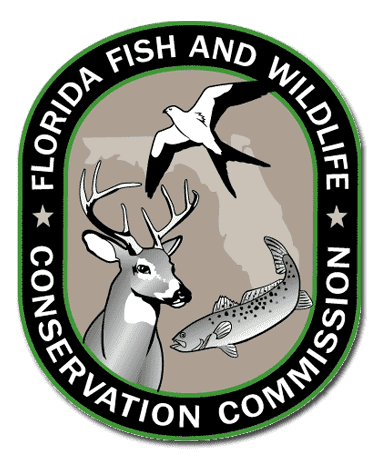Florida’s Gulf Gag Grouper and Atlantic Vermilion Snapper Season Closures Start Nov. 1

The recreational harvest season for gag grouper in most Gulf of Mexico waters and vermilion snapper in the Atlantic Ocean will close on Nov. 1. These closures are intended to reduce overfishing and increase the population of gag grouper and vermilion snapper.
The gag grouper recreational harvest season in Gulf of Mexico state and federal waters will close Nov. 1, with the final day of harvest being Oct. 31. This closure does not include state waters off Franklin, Jefferson, Wakulla and Taylor counties, which were open April 1 through June 30 this year, or state waters off Monroe County, which is currently open through Dec. 31 and is included in Atlantic gag grouper seasons and rules. The Florida Fish and Wildlife Conservation Commission (FWC) manages marine fish from the shore to nine nautical miles in the Gulf of Mexico.
The recreational harvest of vermilion snapper closes Nov. 1 in all state and federal Atlantic waters off Florida. State and federal waters off Monroe County that are south and east of U.S. 1 are included in this closure. The FWC manages marine fish from the shore to three nautical miles in the Atlantic.
Learn more about the Florida recreational saltwater fishing at MyFWC.com/Fishing (click on “Saltwater” and “Recreational Regulations”).

